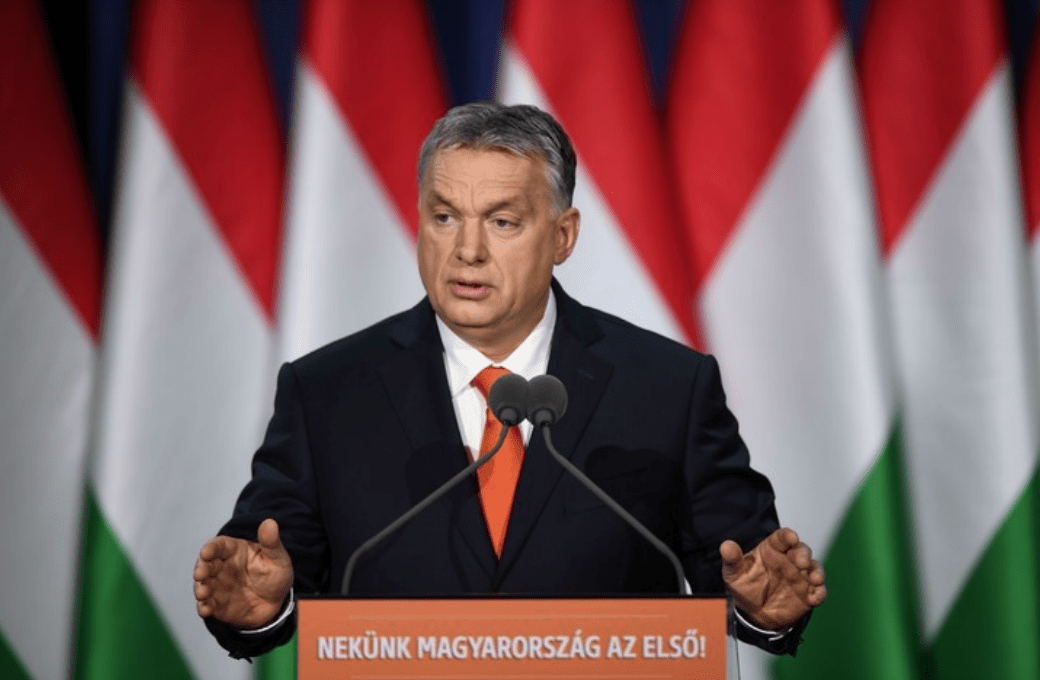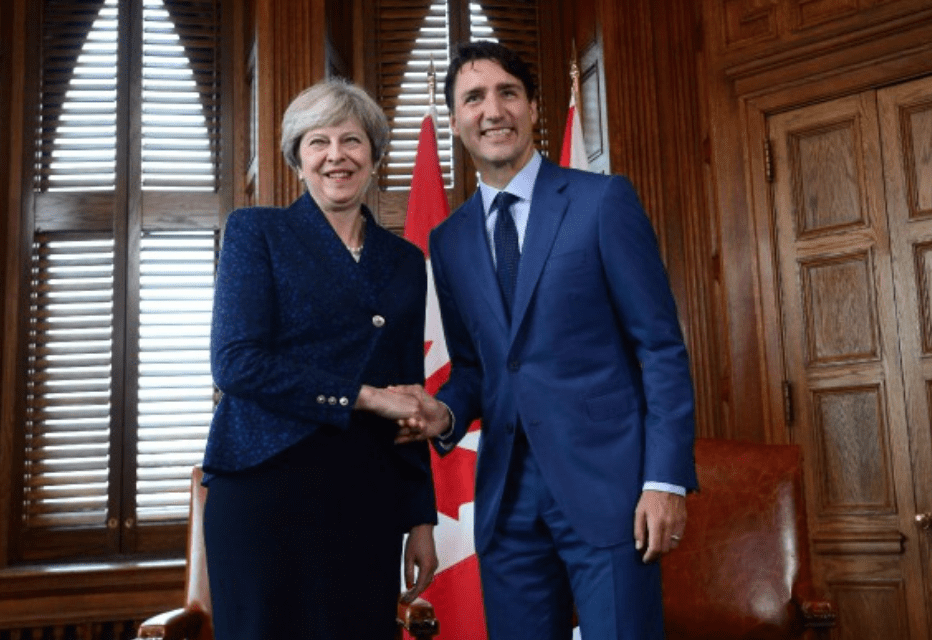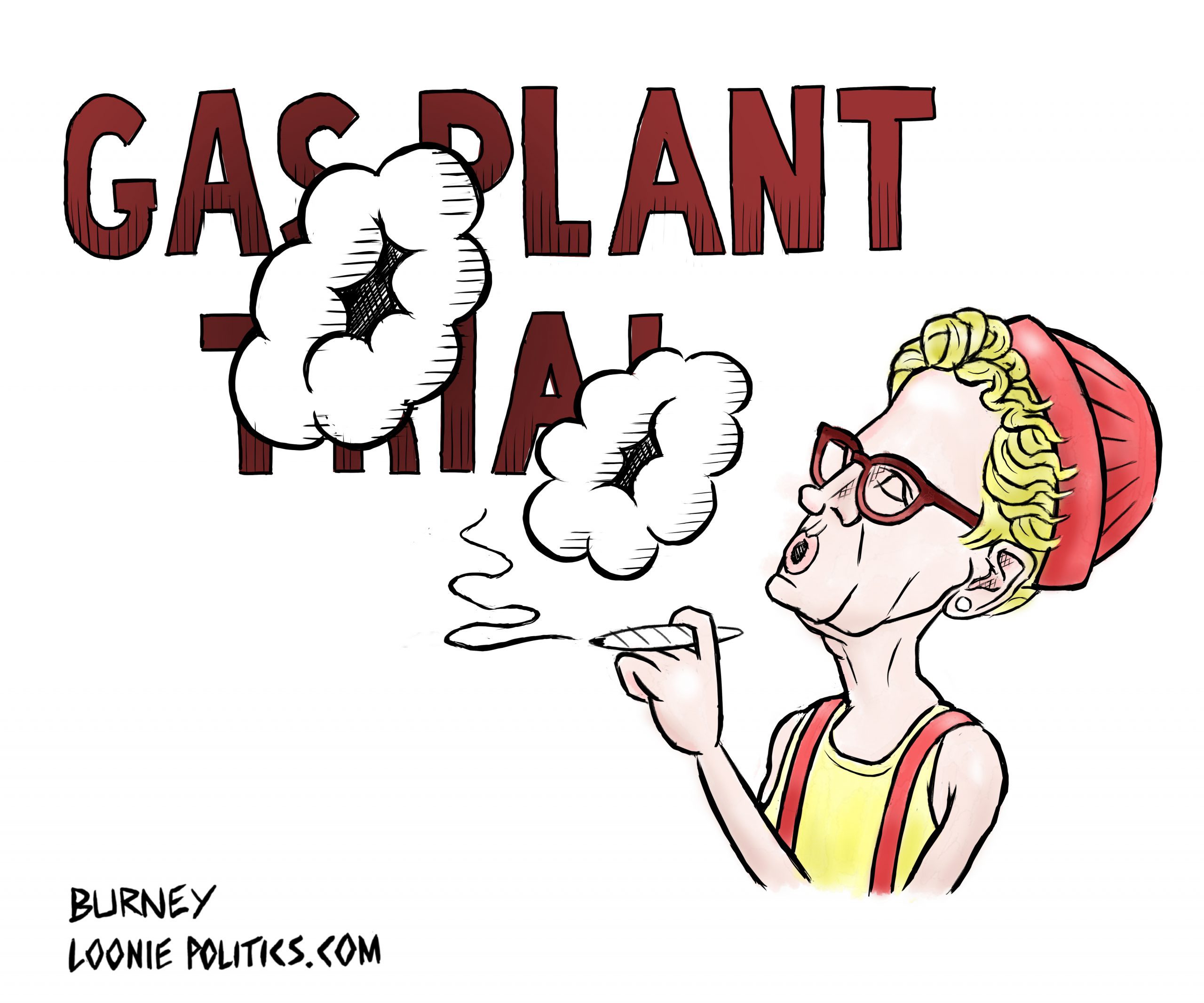Like his successor, any grand foreign policy ambitions former Prime Minister Stephen Harper may have had were hamstrung by Canada's fundamentally weak geopolitical position. As a result, the "Harper Doctrine" was equally inscrutable, save near-reflexive support for Israel or, at least, Israel's prime minister and opposition to Russian President Vladimir Putin's annexation of Crimea. However muddled his philosophy may have been to Canadian eyes, the International Democrat Union (IDU), a federation of centre-right political parties worldwide, liked it enough to vote unanimously for Harper as their chairman in February. Thus he was met with a great deal of confusion after an April 9 tweet congratulating Hungarian Prime Minister Viktor Orbán on his third re-election.
A simple congratulation might sound innocuous if you aren't aware of Orbán's behavior since 2014, when he gave a widely cited public address praising "illiberal democracies," including Russia, as opposed to liberal democracies, which he believes are on the decline. Between that address and today, he has referred to Muslim refugees as "invaders"; fast-tracked a law targeting the prestigious Central European University, criticizing them for offering degrees that are recognized outside of Hungary; introduced a tax of 700 forints ($3.50 CAD) per month on Internet data traffic, which he shelved after mass protests; tightened media regulations, including fines on "objectionable" content; delivered another speech with enough anti-Semitic dog-whistles to make Diefenbaker start howling in agony; and obsessed over Hungarian-born billionaire George Soros.
According to watchdog organization Freedom House, Hungary is now the least free country in the European Union that can still be categorized as "free," prompting government spokesperson Zoltán Kovács to accuse Freedom House of . . . doing the work of Soros. I'm going to be very disappointed if he doesn't accuse me of doing the work of Soros after this column goes online.
Knowing all of the above, many pundits wondered why Harper, now heading an organization with the word "democrat" in its name, would be so solicitous to an increasingly authoritarian leader. To anyone who ever believed Harper himself had an authoritarian bent, it was simply vindication. Even Environment Minister Catherine McKenna got in on the call-outs.
But according to Harper spokesperson Rachel Curran, he was only sending out a de rigueur tweet in his capacity as chair of the IDU, of which Orbán's Fidesz party remains a member. As such, Fidesz is in the company of the Conservative Parties of Canada and the UK, the Liberal Party of Australia, the Christian Democratic Union of Germany, and the National Party of New Zealand. By contrast, Hungary's opposition party, the far-right Jobbik, which doesn't bother maintaining plausible deniability in its anti-Semitism, would not get in.
To date, no member party of the IDU has left, either on its own or by force. For the latter to happen, according to the IDU's principles, a two-thirds vote of all other member parties would be required. Membership can be suspended for failure to pay dues, but not for a party leader engaging in plainly undemocratic activity. If a plan for a vote on Fidesz's future in the IDU is afoot, Harper is not prepared to say so.
Yet he is in a tight spot. Upon taking up his appointment as the IDU's chair, Harper said he wanted to use his mandate to ensure "that we address the concerns of frustrated conservatives and that they do not drift to extreme options." Fidesz had drifted long before that statement, and the IDU under its ex-chair, New Zealand's Sir John Key, had taken no action. Orbán is Harper's problem now.
The most Harper could have done to convey his awareness of the problem at hand would be to phrase his congratulatory tweet this way:
"Congratulations to Hungarian Prime Minister Viktor Orbán on his re-election. His Fidesz party joined the IDU with a commitment to democracy. The IDU will continue to promote our values worldwide."
But perhaps even that would have raised Orbán's hackles, and Kovács would have accused Harper of being a Soros puppet. It doesn't take much.
It's one thing for other Canadians to dismiss Orbán as unworthy of praise or congratulation. But Harper gave up that breathing room when he accepted his chairmanship. If he becomes the first IDU chair on whose watch a member party was expelled, he'll finally have his moment of international significance.
Written by Jess Morgan










